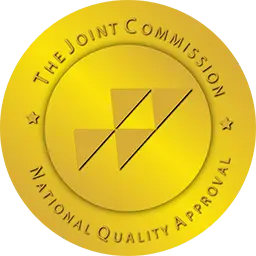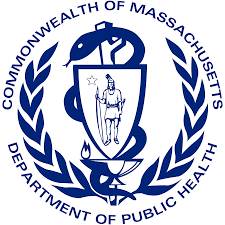In today’s fast-paced world, adolescents face a multitude of pressures that can significantly impact their mental health. From academic demands to social challenges, the teenage years are often fraught with stressors that can lead to anxiety, depression, and other mental health issues. Traditional schooling often does not provide the necessary support for these mental health challenges, which is where an after school Intensive Outpatient Program (IOP) can make a significant difference.
Understanding IOP
An Intensive Outpatient Program (IOP) is a structured, therapeutic program that provides a level of care more intense than regular outpatient therapy, but less restrictive than residential inpatient treatment. It offers comprehensive support for adolescents who require more than just weekly sessions with a therapist but do not need 24-hour supervision.
The after school IOP model is particularly beneficial as it allows teenagers to continue their regular school activities while receiving extensive therapeutic support in the evenings. This flexibility ensures that they can maintain their educational and social commitments while addressing their mental health needs.
Benefits of an After School IOP
- Comprehensive Care
After school IOPs offer a multi-faceted approach to treatment. Typically, these programs include individual therapy, group therapy, and family therapy, all of which are essential for comprehensive mental health care. This holistic approach ensures that all aspects of an adolescent’s life are addressed, offering them the best chance for recovery and improvement. - Academic Continuity
One of the greatest advantages of an after school IOP is that it allows adolescents to continue attending their regular school. Disrupting education can cause additional stress and anxiety. By keeping them engaged in their studies, IOPs help maintain a sense of normalcy and prevent them from falling behind academically. - Peer Support and Interaction
Adolescence is a time when peer relationships are crucial. After school IOPs encourage group therapy sessions where adolescents can share their experiences with others who are going through similar challenges. This peer support is invaluable and can greatly enhance the therapeutic process. It helps them feel understood, reduces feelings of isolation, and fosters a sense of community. - Skill-Building
These programs often incorporate skill-building workshops that focus on coping mechanisms, emotional regulation, and stress management. These skills are invaluable for adolescents, equipping them with the tools they need to manage their mental health challenges both now and in the future. - Family Involvement
Family dynamics play a significant role in an adolescent’s mental health. After school IOPs involve family therapy sessions to address issues within the family unit and to educate family members about how to support their loved one. This involvement can lead to improved communication, stronger relationships, and a better overall support system for the adolescent. - Structured Environment
The structured nature of an IOP provides a safe and consistent environment for adolescents. Having a regular schedule with clear expectations can reduce anxiety and create a sense of stability, which is particularly beneficial for those struggling with mental health issues. - Evidence-Based Treatment
After school IOPs utilize evidence-based treatment methods, such as Cognitive Behavioral Therapy (CBT), Dialectical Behavior Therapy (DBT), and other therapeutic modalities that have been proven effective for treating a range of mental health conditions. Adolescents receive high-quality care tailored to their specific needs. - Prevention of Hospitalization
By providing intensive support, after school IOPs can often prevent the need for hospitalization or residential treatment. This allows adolescents to stay in their home environment while still receiving high-level care. - Flexibility
The flexibility of after school scheduling means that adolescents can still participate in extra-curricular activities, social events, and other important parts of their lives. This balance between therapy and life outside of treatment is crucial for holistic recovery. - Long-term Benefits
The skills and coping mechanisms learned in an IOP are not just beneficial in the short term but can provide long-term advantages. Adolescents leave the program with a better understanding of their mental health, tools to manage future challenges, and a support network they can rely on.
Crown Adolescent Center’s After School IOP in Newton, MA
At Crown Adolescent Center, we understand the unique challenges that adolescents face. Located in Newton, MA, our after school Intensive Outpatient Program is designed to provide the comprehensive care and support that adolescents need to succeed in their mental health journey while maintaining their academic and social responsibilities.
Our program includes:
- Individual Therapy: Personalized one-on-one sessions with experienced therapists.
- Group Therapy: Facilitated group sessions that provide peer support and shared learning experiences.
- Family Therapy: Sessions designed to improve family dynamics and educate family members on how to best support their loved one.
- Skill-building Workshops: Practical sessions focused on developing coping skills, emotional regulation, and stress management.
- Evidence-based Treatment: Utilizing approaches such as CBT and DBT to ensure effective outcomes.
We believe in tailoring our approach to meet the needs of each adolescent, fostering a supportive and therapeutic environment that promotes healing and growth.
Take The First Steps To Getting Your Child The Help They Need
If your adolescent is struggling with mental health issues and could benefit from a structured, supportive, and flexible therapeutic program, consider Crown Adolescent Center’s after school IOP in Newton, MA. Our dedicated team is here to help your teen navigate their challenges and thrive.
Contact us today to learn more about our program and how we can support your family’s mental health needs.



